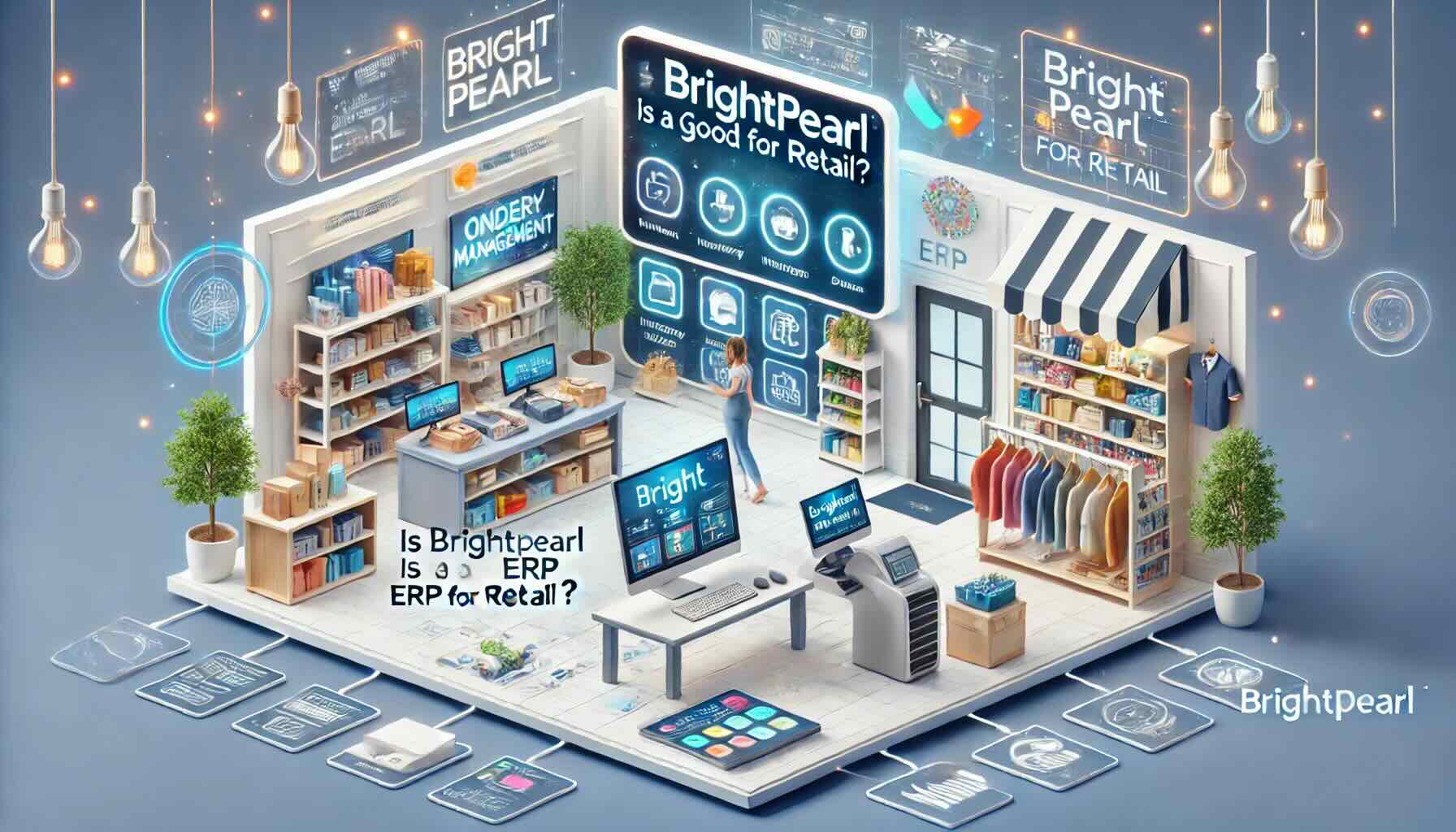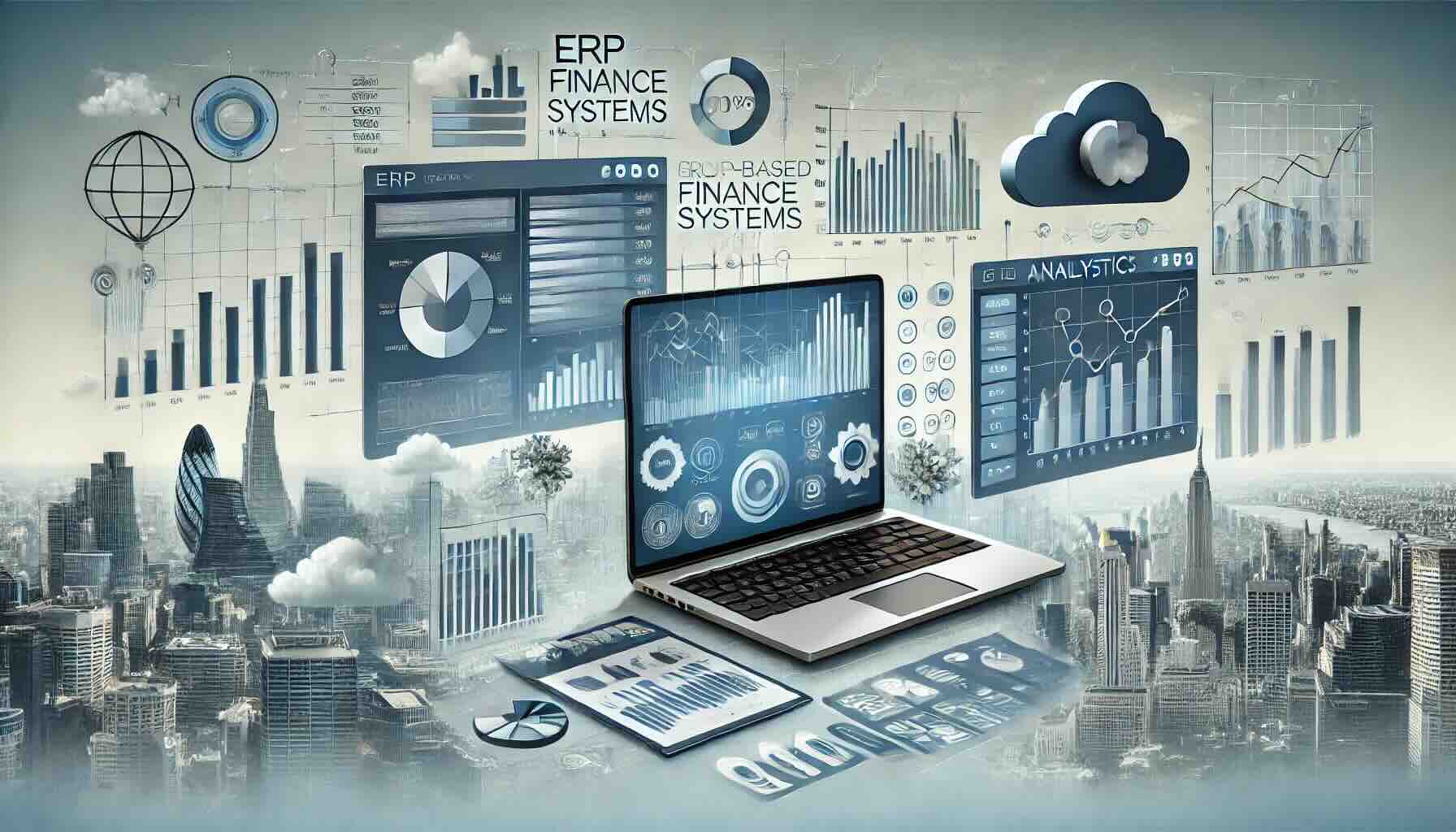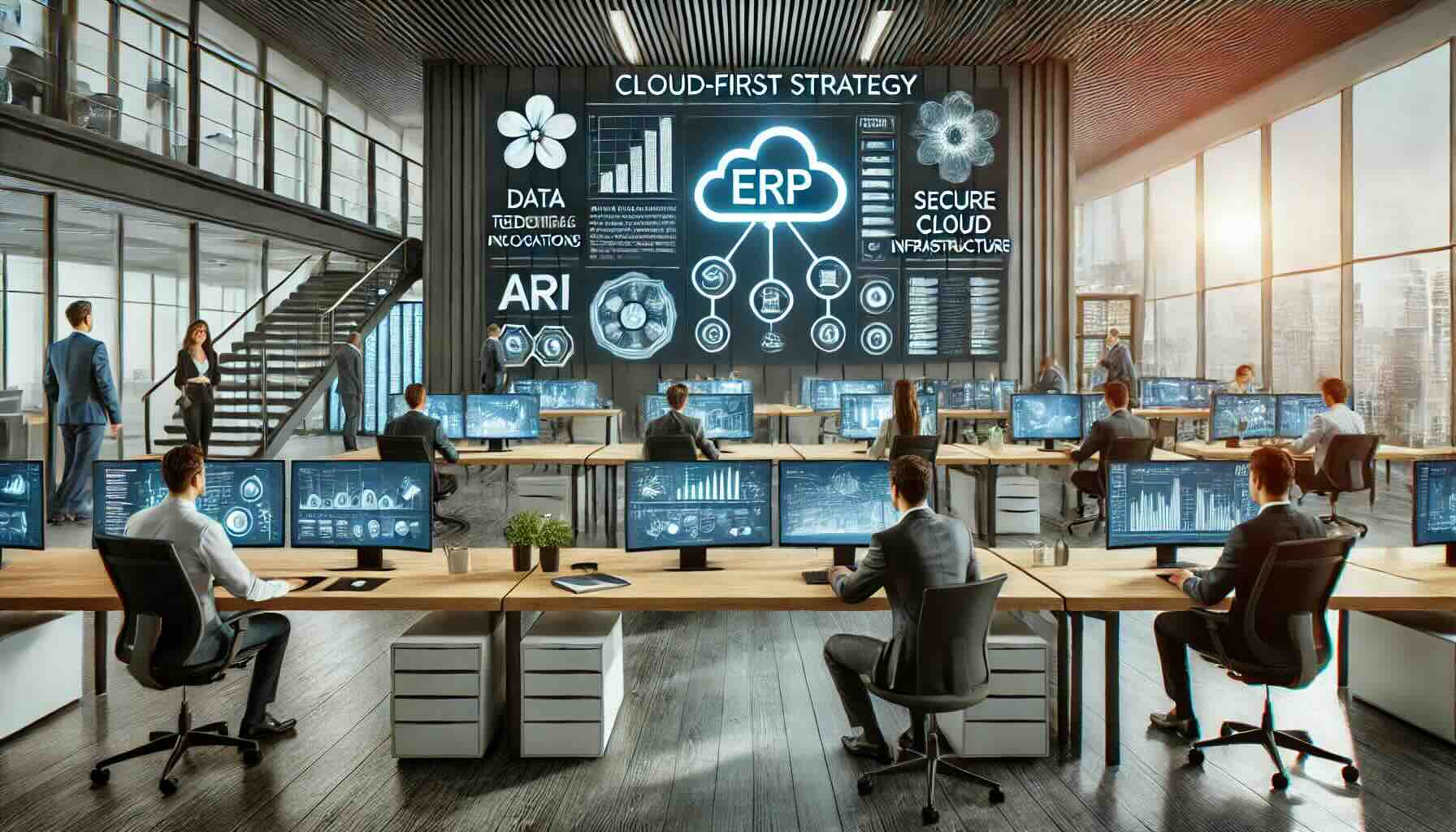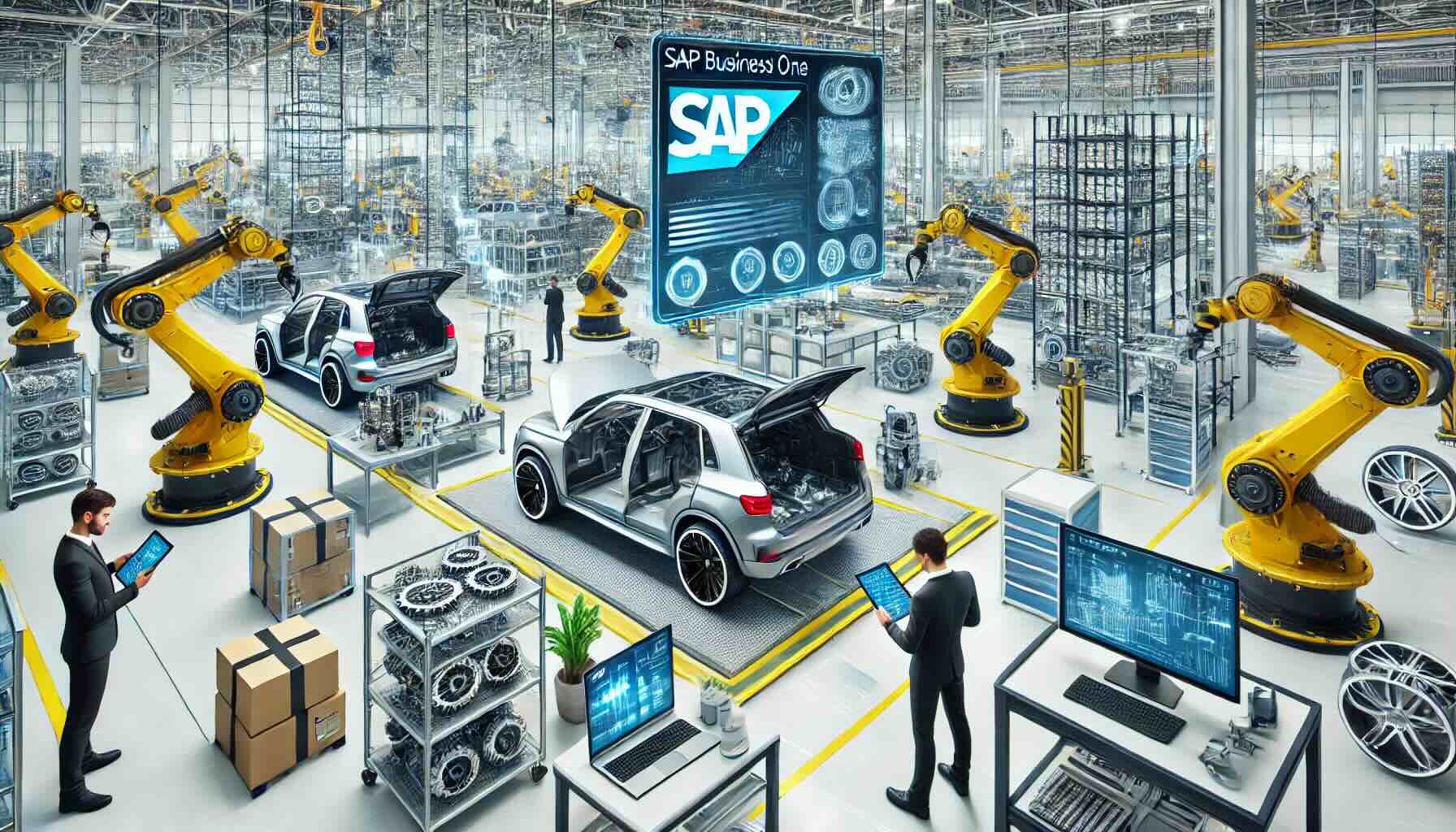Compare Top ERP Systems
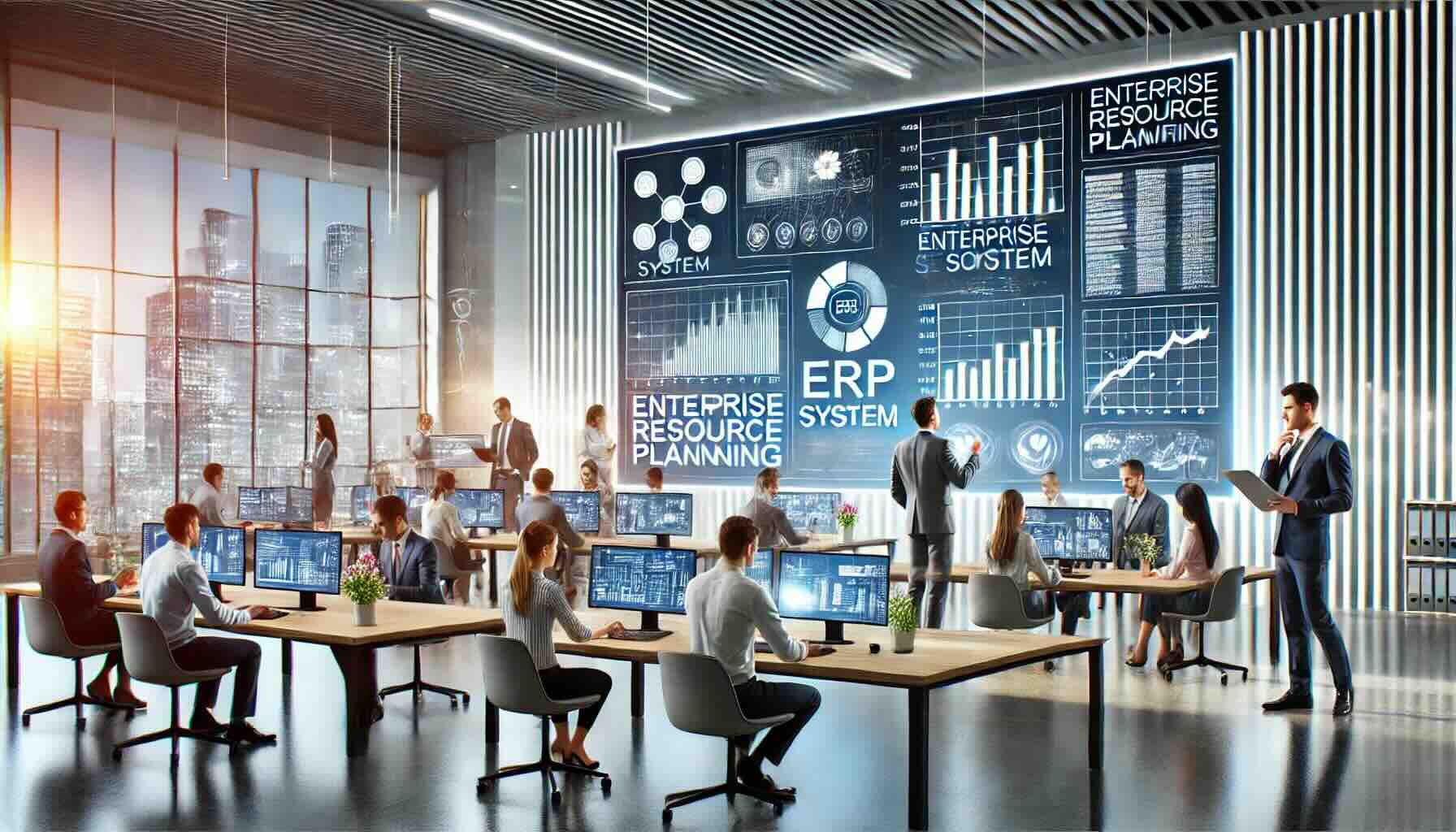
Enterprise Resource Planning (ERP) systems are crucial for businesses looking to streamline operations, integrate processes, and enhance productivity. Choosing the right ERP system can significantly impact your business efficiency and scalability. Here, we explore some of the top ERP systems available today, detailing why they stand out in the market.
1. SAP S/4HANA
SAP S/4HANA is a leading ERP system known for its robust features and real-time data processing capabilities. It is designed to integrate various business processes into a single system, providing a unified view of operations. SAP S/4HANA utilizes in-memory computing, which allows it to process large amounts of data quickly and efficiently. This results in faster transaction processing and real-time analytics, enabling businesses to make informed decisions swiftly.
Key Features:
- In-memory computing: Fast data processing and real-time analytics.
- Comprehensive suite: Covers finance, supply chain, manufacturing, and sales.
- Scalability: Suitable for businesses of all sizes.
- Integration: Seamlessly integrates with existing SAP systems and other third-party applications.
- User experience: Fiori user interface enhances usability and user experience.
- Industry solutions: Tailored modules for various industries like retail, automotive, and utilities.
- Support network: Extensive network of partners and consultants for robust support.
2. Oracle ERP Cloud
Oracle ERP Cloud is another top-tier ERP system that excels in providing a complete suite of cloud-based applications. It is renowned for its advanced financial management capabilities, including comprehensive financial planning, budgeting, and forecasting tools. Oracle ERP Cloud’s integrated suite covers various business functions such as procurement, project management, and supply chain operations.
Key Features:
- Advanced financial management: Comprehensive tools for planning, budgeting, and forecasting.
- AI and machine learning: Automates routine tasks and enhances decision-making processes.
- Integrated suite: Manages finance, procurement, projects, and supply chain.
- Adaptability and scalability: Ideal for businesses looking to future-proof operations.
- Innovation: Regular updates ensure access to the latest features.
- Global compliance: Supports regulatory compliance across different countries.
- User-friendly interface: Intuitive and easy to navigate.
3. Microsoft Dynamics 365
Microsoft Dynamics 365 is a popular ERP system known for its user-friendly interface and seamless integration with other Microsoft products, such as Office 365 and Azure. This ERP system offers a wide range of modules, including finance, sales, customer service, and supply chain management. Its modular approach allows businesses to implement only the components they need, making it a cost-effective solution.
Key Features:
- Integration with Microsoft products: Seamless connectivity with Office 365, Azure, and Power BI.
- Modular approach: Flexible implementation with only the necessary components.
- AI and predictive analytics: Provides actionable insights and automates processes.
- Cloud-based: Promotes flexibility and remote work capabilities.
- Customization: Highly customizable to fit specific business needs.
- Extensive support network: Strong partner network and customer support.
- Real-time data: Access to real-time data and insights for better decision-making.
4. Infor CloudSuite
Infor CloudSuite is an industry-specific ERP system that caters to various sectors, including manufacturing, healthcare, and retail. Its deep industry expertise allows it to offer tailored solutions that address the unique challenges and requirements of different industries. Infor CloudSuite is built on a robust cloud platform, providing scalability, security, and flexibility.
Key Features:
- Industry-specific solutions: Tailored modules for sectors like manufacturing, healthcare, and retail.
- User-friendly interface: Intuitive design reduces the learning curve and increases adoption.
- Advanced analytics and AI: Provides deeper insights and supports data-driven decisions.
- Scalable cloud platform: Ensures security, flexibility, and scalability.
- Integration capabilities: Easily integrates with existing systems and third-party applications.
- Continuous innovation: Regular updates to stay ahead of industry trends.
- Collaborative tools: Enhances teamwork and communication within the organization.
5. Epicor ERP
Epicor ERP is a versatile and comprehensive ERP system designed for mid-sized businesses, particularly in manufacturing and distribution. It offers a wide range of modules, including financial management, supply chain management, production management, and human capital management. Epicor ERP’s flexible architecture allows businesses to customize the system to meet their specific needs.
Key Features:
- Designed for mid-sized businesses: Ideal for manufacturing and distribution sectors.
- Comprehensive range of modules: Covers finance, supply chain, production, and HR.
- Flexible architecture: Highly customizable to fit specific business requirements.
- Intuitive interface: User-friendly design enhances productivity.
- Strong customer support: Robust support and resources for implementation and ongoing use.
- Industry-specific solutions: Tailored modules for various industries.
- Advanced reporting: Real-time data and analytics for informed decision-making.
Conclusion
Choosing the right ERP system is critical for any business aiming to improve efficiency, integrate processes, and drive growth. The top ERP systems, including SAP S/4HANA, Oracle ERP Cloud, Microsoft Dynamics 365, Infor CloudSuite, and Epicor ERP, offer a range of features and capabilities that cater to various business needs. Each of these systems stands out for its unique strengths, making them worthy considerations for any business looking to implement or upgrade their ERP solution.
To compare these ERP solutions and many more, you can use our new AI-powered Compare ERP tool. It’s free to use and you get a guaranteed discount on your first year’s licence fees with a referral from Compare ERP.
